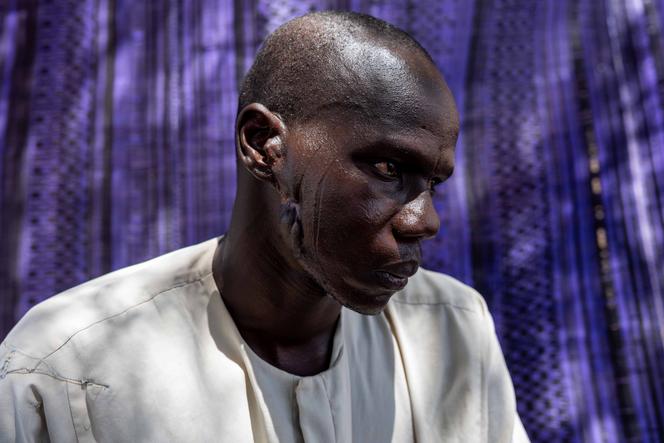


With a slow gesture, Ali Gombo removed his black mask, revealing the scar that ran across his right cheek. Every syllable he uttered sent an electric shock through his brain, but he insisted on giving his account.
On October 27, 2024, he was returning from a day of fishing when he heard screams coming from his village on the shores of Lake Chad. The village is located at the crossroads of Cameroon, Niger, Nigeria and Chad. The screams made him quicken his pace. Running against the flow of people fleeing, he rushed to save his family and came face-to-face with a Boko Haram fighter. The jihadist group has plagued the region. "Who are you?" the man asked. "I am just myself," Ali replied. A bullet shattered his jaw.
A few days later, when he woke up in a hospital bed, he learned that his daughter had been taken hostage by jihadists who had dealt a heavy defeat to the Chadian army that same night. According to official figures, at least 40 soldiers died in the attack on the military garrison in Barkaram. Fifteen years after the beginning of its insurgency, Boko Haram continues to sow terror along the banks of Lake Chad, a vast, marshy expanse with winding, sandy inlets.
You have 84.2% of this article left to read. The rest is for subscribers only.
